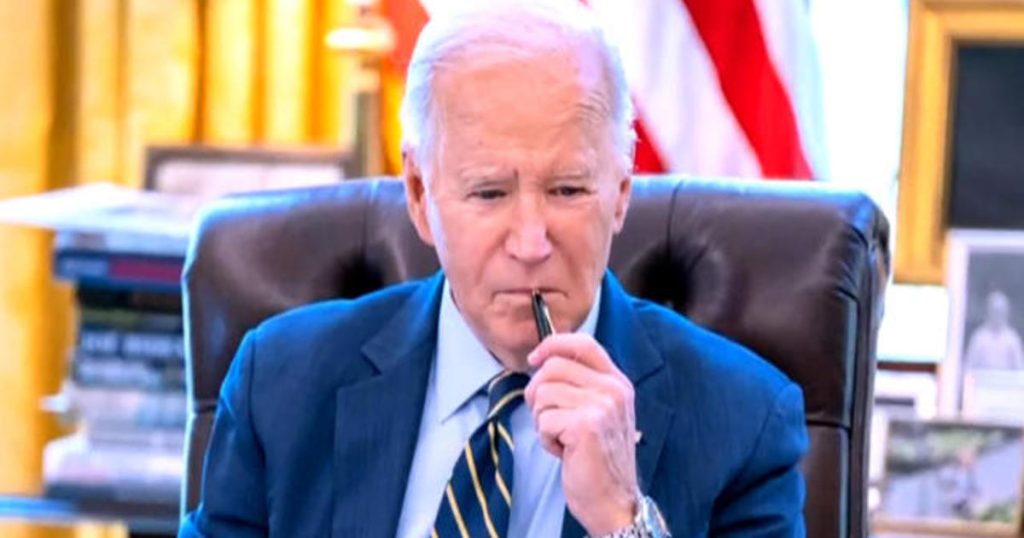In recent years, some U.S. lawmakers have been advocating for additional conditions to be placed on military aid provided to Israel. This aid has historically been a crucial part of the U.S.-Israel relationship, with Israel being one of the largest recipients of U.S. military aid. However, there is a growing sentiment among some lawmakers that the aid should come with strings attached, such as requiring Israel to stop settlement expansion in the West Bank or to uphold human rights standards. These calls for conditions on military aid reflect a broader debate within the U.S. government over how best to address the Israeli-Palestinian conflict and promote peace in the region.
One of the primary concerns driving calls for conditions on military aid is the ongoing Israeli occupation of the Palestinian territories, particularly the West Bank. Many lawmakers view Israel’s settlement expansion in the West Bank as a major obstacle to the peace process and believe that U.S. aid should not be used to support these controversial actions. By placing conditions on military aid, some U.S. lawmakers hope to pressure Israel to change its policies and actions in order to advance the cause of peace and justice for the Palestinians.
Another issue that has sparked calls for conditions on military aid is the treatment of Palestinians by the Israeli government and military. Critics argue that U.S. aid should not be used to support human rights violations or discriminatory practices against Palestinians. By imposing conditions on military aid, lawmakers seek to hold Israel accountable for its actions and to ensure that U.S. taxpayer dollars are not enabling human rights abuses or violations of international law.
In addition to concerns about settlement expansion and human rights violations, some lawmakers are also pushing for conditions on military aid as a way to address broader issues related to U.S. foreign policy and national security interests. For example, some lawmakers argue that U.S. aid to Israel should be contingent on Israel taking steps to improve its relationship with neighboring Arab states or to address threats posed by Iran or other regional actors. By linking military aid to broader strategic goals, lawmakers believe that the U.S. can better leverage its assistance to advance its interests in the Middle East.
The debate over conditions on military aid for Israel is not limited to Congress, as it also reflects broader divisions within the U.S. public and among interest groups that advocate for different approaches to the Israeli-Palestinian conflict. Proponents of conditioning aid argue that it is necessary to ensure that U.S. assistance is being used in a way that promotes peace and justice in the region, while opponents contend that placing conditions on aid could damage the U.S.-Israel relationship or impede efforts to achieve a resolution to the conflict. As the debate over military aid continues, it remains to be seen how the U.S. government will navigate these complex and sensitive issues in its relationship with Israel.
Ultimately, the calls for conditions on military aid for Israel highlight the complexities and challenges inherent in the U.S.-Israel relationship, as well as the broader debates over U.S. foreign policy in the Middle East. While military aid has long been a pillar of the U.S.-Israel alliance, some lawmakers believe that it is time to reassess how this aid is provided and to use it as a tool to advance U.S. interests and values in the region. By engaging in these debates and discussions, policymakers can work towards a more nuanced and effective approach to supporting Israel while also addressing the legitimate concerns and priorities of Palestinians and other stakeholders in the region.


